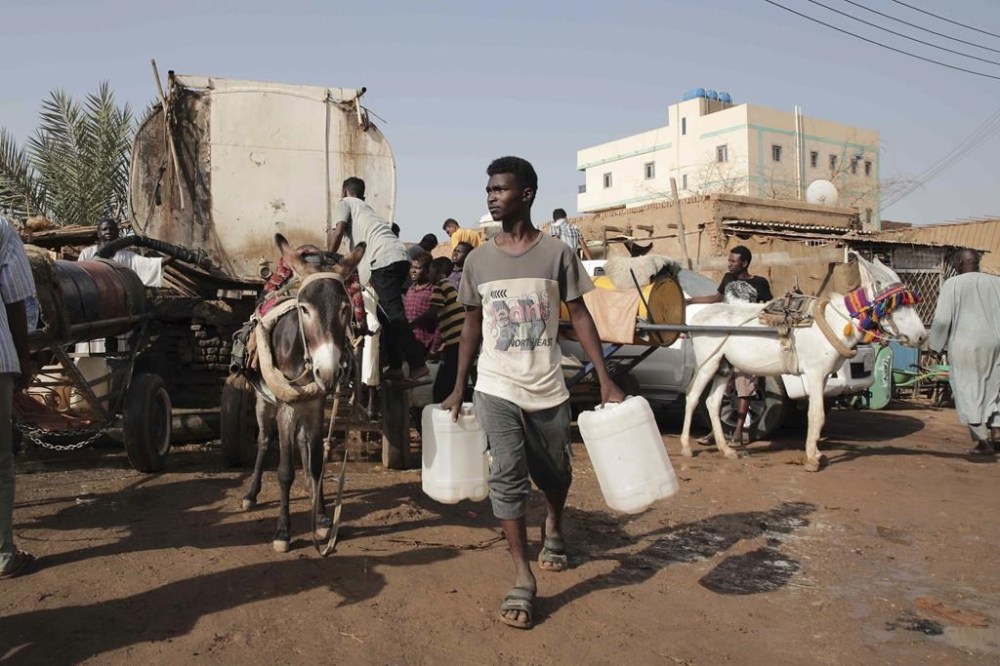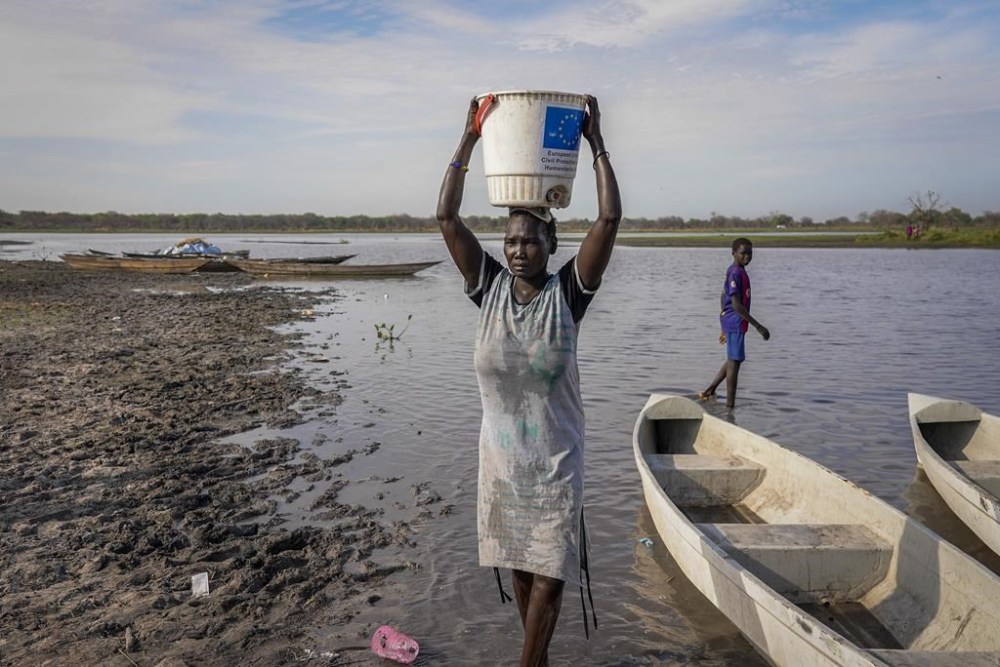UN agencies warn of starvation risk in Sudan, Haiti, Burkina Faso and Mali, call for urgent aid
Advertisement
Read this article for free:
or
Already have an account? Log in here »
To continue reading, please subscribe:
Monthly Digital Subscription
$0 for the first 4 weeks*
- Enjoy unlimited reading on winnipegfreepress.com
- Read the E-Edition, our digital replica newspaper
- Access News Break, our award-winning app
- Play interactive puzzles
*No charge for 4 weeks then price increases to the regular rate of $19.00 plus GST every four weeks. Offer available to new and qualified returning subscribers only. Cancel any time.
Monthly Digital Subscription
$4.75/week*
- Enjoy unlimited reading on winnipegfreepress.com
- Read the E-Edition, our digital replica newspaper
- Access News Break, our award-winning app
- Play interactive puzzles
*Billed as $19 plus GST every four weeks. Cancel any time.
To continue reading, please subscribe:
Add Free Press access to your Brandon Sun subscription for only an additional
$1 for the first 4 weeks*
*Your next subscription payment will increase by $1.00 and you will be charged $16.99 plus GST for four weeks. After four weeks, your payment will increase to $23.99 plus GST every four weeks.
Read unlimited articles for free today:
or
Already have an account? Log in here »
Hey there, time traveller!
This article was published 29/05/2023 (896 days ago), so information in it may no longer be current.
ROME (AP) — Two U.N. agencies warned Monday of rising food emergencies including starvation in Sudan due to the outbreak of war and in Haiti,Burkina Faso and Mali due to restricted movements of people and goods.
The four countries join Afghanistan, Nigeria, Somalia, South Sudan and Yemen at the highest alert levels, with communities that are already facing or projected to face starvation or otherwise risk a slide “towards catastrophic conditions.”
The report by the World Food Program and the Food and Agriculture Organization calls for urgent attention to save both lives and jobs. Beyond the nine countries rating the highest level of concern, the agencies said 22 countries are identified as “hotspots’’ risking acute food insecurity.

“Business-as-usual pathways are no longer an option in today’s risk landscape if we want to achieve global food security for all, ensuring that no one is left behind.” said Qu Dongyu, FAO Director-General.
He called for immediate action in the agricultural sector “to pull people back from the brink of hunger, help them rebuild their lives and provide long-term solution to address the root causes of food insecurities.”
The report cited a possible spillover of the conflict in Sudan, deepening economic crises in poor nations and rising fears that the El Nino climatic phenomenon forecast for mid-2023 could provoke climate extremes in vulnerable countries.
The report warns that 1 million people are expected to flee Sudan, while an additional 2.5 million inside Sudan face acute hunger in the coming months as supply routes through Port Sudan are disrupted by safety issues.
WFP Executive Director Cindy McCain warned of “catastrophic”consequences unless there is clear action to “help people adapt to a changing climate and ultimately prevent famine.”

“Not only are more people in more places around the world going hungry, but the severity of the hunger they face is worse than ever,” McCain said.

